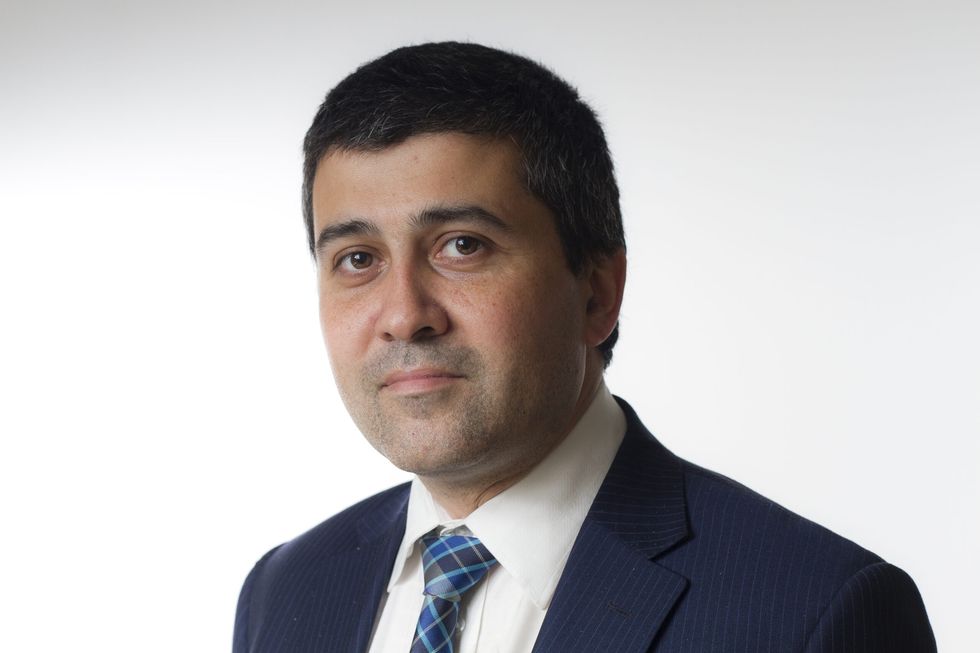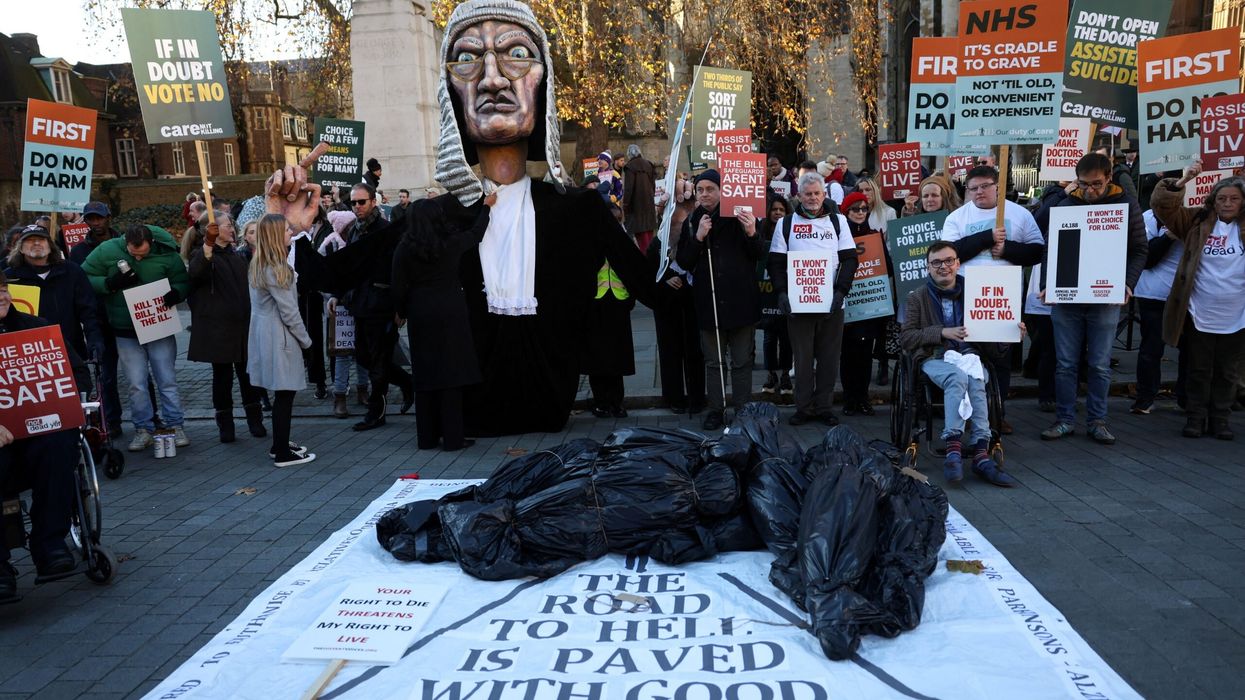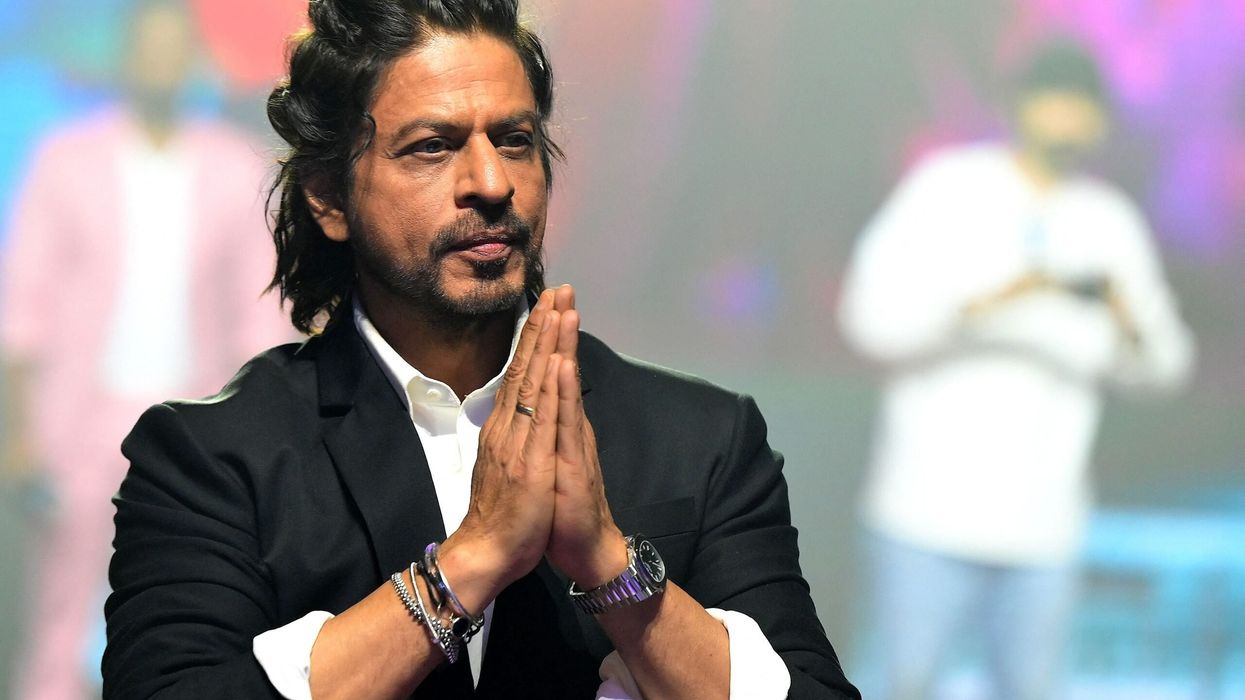How do you solve a problem like Suella? This was the week that Rishi Sunak changed his mind. Bringing Suella Braverman back as Home Secretary was a price he was willing to pay to secure the premiership unopposed, though it this was a coalition of convenience rather than conviction on both sides.
Their reshuffle divorce sees Braverman make unwelcome history as the first Home Secretary to leave that role twice in just thirteen months. Braverman has exemplified the era of volatility in British politics. Sunak now brings the experience of David Cameron back into government at a time of international crisis, even if it was Cameron’s mistaken prophecy to cast the 2015 election as a choice between stability under the Conservatives or chaos under their opponents – eight tumultuous years and four Prime Ministers ago.
Braverman will see being sacked as a temporary setback. She becomes an internal leader of the opposition on identity issues, paralleling Liz Truss’s role on low taxes. Braverman’s disdain for collective responsibility in office may mean that having the freedom of the backbenches makes less difference in her case. Yet she seemed to miss the key point about what sometimes make polarisation a political winning formula. Thatcher and Reagan in their era, like Brexit and Boris Johnson in ours, split the country almost down the middle, but with just enough support to win. Braverman has more often split her own party, rather than the country, down the middle instead.
Research by Ipsos found 16% of people approved of her record, with half of Conservatives onside but a third opposed. Sunak’s headache, submerged below 30% in the polls, is that the continual noisy culture clash between Braverman’s allies and enemies inside the party risked eroding on both flanks the voting coalition he needs to somehow bridge.

Wednesday’s Supreme Court decision on the Rwanda policy might have more long-term impact on the government’s fortune than any Cabinet reshuffle. At the time of writing, the result is not yet known: judges could uphold the Court of Appeal’s verdict, that Rwanda’s asylum system is too seriously flawed for the scheme to be safe; or accept that the Home Secretary had the authority to accept Rwanda’s assurances of future improvements.
The government has an agreed policy if it wins, though one incentive for Sunak to sack Braverman before the verdict was that the political rift after a court defeat would be deeper than ever. Braverman never sought to disguise her support for the UK leaving the European Convention on Human Rights. The departing Home Secretary was reportedly even advocating that Sunak to call a snap election over Rwanda – though trying to hold a ‘single issue’ General Election faces the problem that the public would vote on everything else too.
If the government loses this case, it is unlikely any asylum seekers will go to Rwanda before the General Election – or probably ever. But do not expect ministers to admit that this week. There will be many ruses about how to rescue the Rwanda scheme floated by think-tanks, backbenchers and perhaps ministers themselves – such as using the new immigration laws to just target recent arrivals, and seeking to derogate from specific parts of the ECHR. Few, if any, could make a difference before the general election.
The real challenge may come if the government wins in court. The government would get a political morale boost from declaring victory – yet its prize would just be to prove whether or not the Rwanda policy would actually work.
Could it “stop the boats” next summer? Most experts are sceptical - and not just those who oppose the Rwanda plan in principle. Its supporters recognise that the logic of a deterrent effect depends on the scale of the policy. Asked how many people it expects to send to Africa, the UK government always avoids giving a number, saying that the scheme is “uncapped” and therefore expandable. Rwanda’s government was anticipating a scheme of around 300 people a year, less than 1% of those who have crossed the Channel. Legal processes in the UK and Rwanda, as well as the lack of UK detention capacity, place significant limits on any rapid expansion.
Even if it wins, the Home Office expects to have to admit into the UK asylum system everybody who already arrived this year – breaking twenty thousand times Rishi Sunak’s impossible promise in his March 7th speech that nobody who arrived from that day onwards would ever get to stay. Yet hearing those asylum claims is a pragmatic necessity, in order to prevent new legal duties on the Home Secretary, to remove all new arrivals, from falling over on day one.
The government may hope focusing on a date when the first plane might go to Rwanda could distract from that. Suella Braverman once described that as “her dream”. She may have left the government, but this may be how her spirit lives on.
(Sunder Katwala is the director of British Future)




















